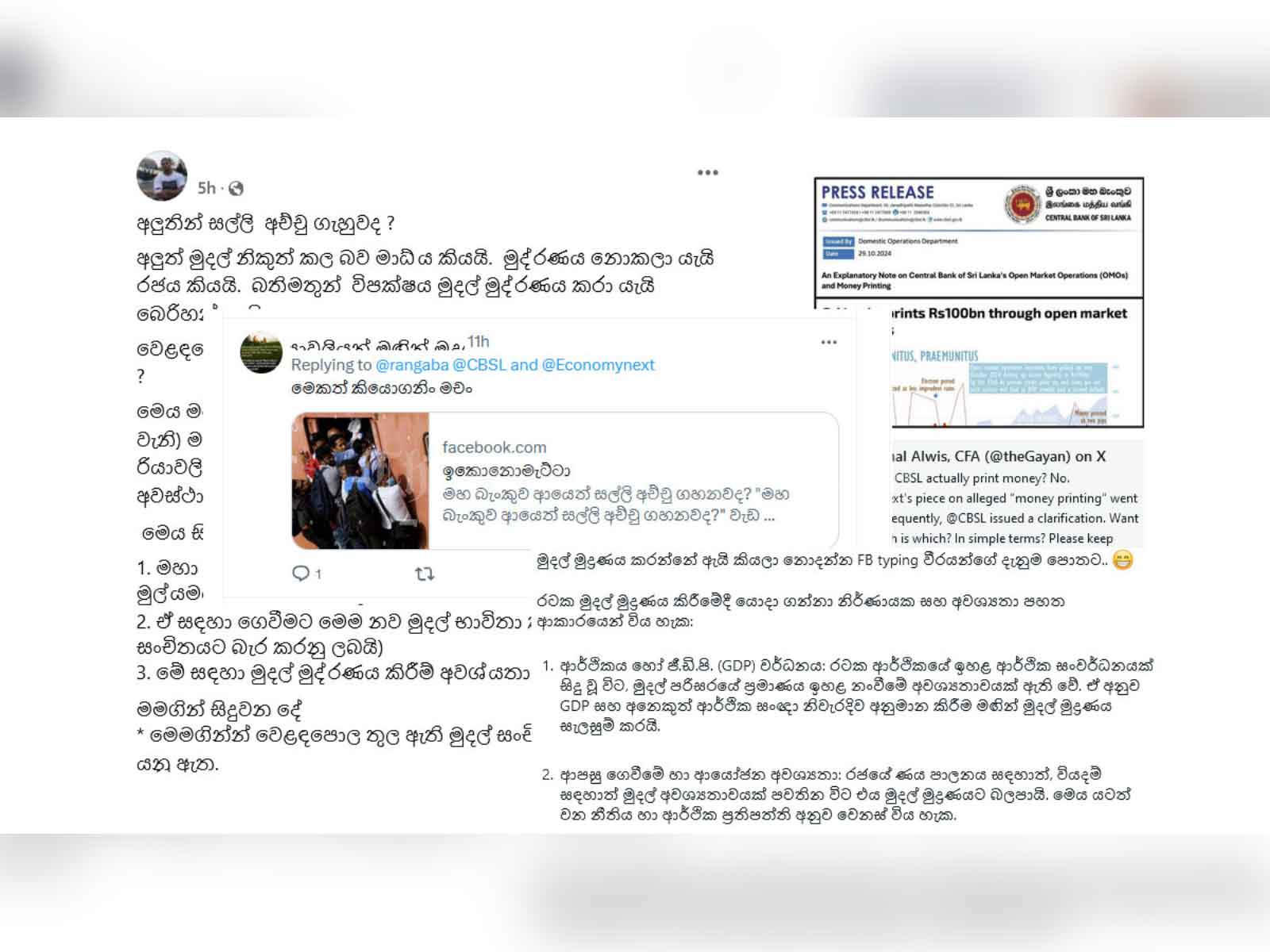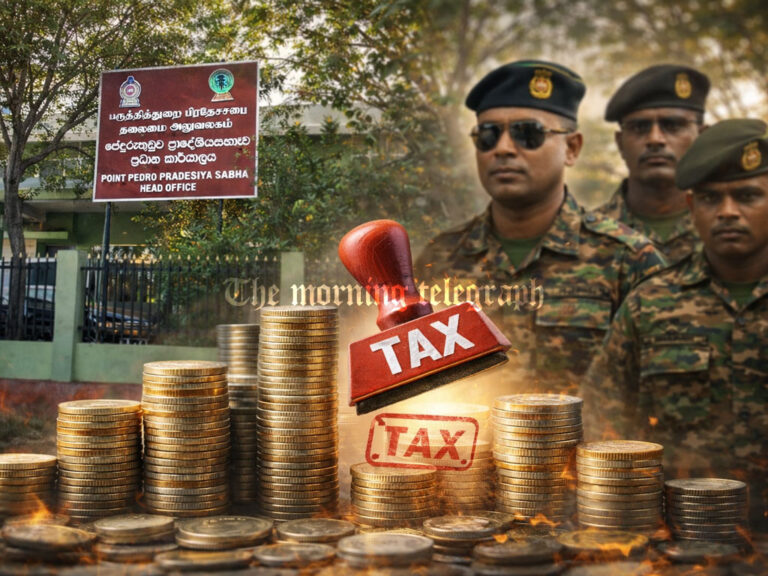
A significant debate has emerged in Sri Lanka regarding the central bank’s open market operations, reigniting discussions about their impact on monetary stability. This renewed focus follows a column in EconomyNext, which cautioned against the risks of the central bank injecting money into the economy as private credit begins to recover.
After nearly two decades of discussion, there is now a consensus in Sri Lanka that outright purchases of Treasury securities in the primary market are detrimental, along with the controversial practice of “provisional advances” from the central bank.
When the central bank purchases new Treasury bills, the funds are deposited into the State Bank’s Direct Settlement Transaction (DST) accounts, which eventually circulate into private or state bank accounts, boosting their rupee reserves. This money is then loaned to customers, fostering economic activity. In contrast, open market purchases directly infuse money into banks, which can further stimulate lending and imports—key components for generating economic growth.
Historically, if the central bank bought maturing bills in auctions, the funds could go to either private or state banks, effectively monetizing previously held securities. Provisional advances, which the latest draft central bank law aimed to outlaw, direct funds into state bank DST accounts with an expectation of repayment, often rolled over in practice.
Economist Bellwether points out that term reverse repo operations, whether labeled differently, function similarly to provisional advances. Both mechanisms eventually lead to increased liquidity, which can trigger balance of payments issues. The experience of pumping large volumes of money into banks to maintain low short-term rates has previously resulted in economic turmoil.
As discussions continue, some citizens have begun to criticize the current administration for the central bank’s money-printing practices, mistakenly believing that the government controls these operations. This misunderstanding highlights the challenges of maintaining central bank independence, especially as political leaders are often held accountable for economic outcomes.
Bellwether draws parallels to the U.S., where Vice President Kamala Harris faces criticism for inflation caused by the Federal Reserve’s liquidity operations. In a managed exchange rate system, such as Sri Lanka’s, currency pressures can arise quickly when private credit is active.
The lessons learned from other countries, like Argentina, which experienced external defaults linked to similar balance of payments issues, are crucial for Sri Lanka, which is currently grappling with its first default.
As the debate intensifies, the central bank has responded, emphasizing that some recent open market operations were designed to address liquidity shortages resulting from the outright sale of securities. However, concerns remain about the implications of these injections for overall liquidity, especially as private credit recovers.
The historical context of open market operations—originally developed by the Federal Reserve in the 1920s, leading to significant economic consequences—further underscores the need for caution in Sri Lanka’s monetary policy. As the nation navigates these challenges, the impact of open market operations on the economy and currency stability remains a critical point of contention.




